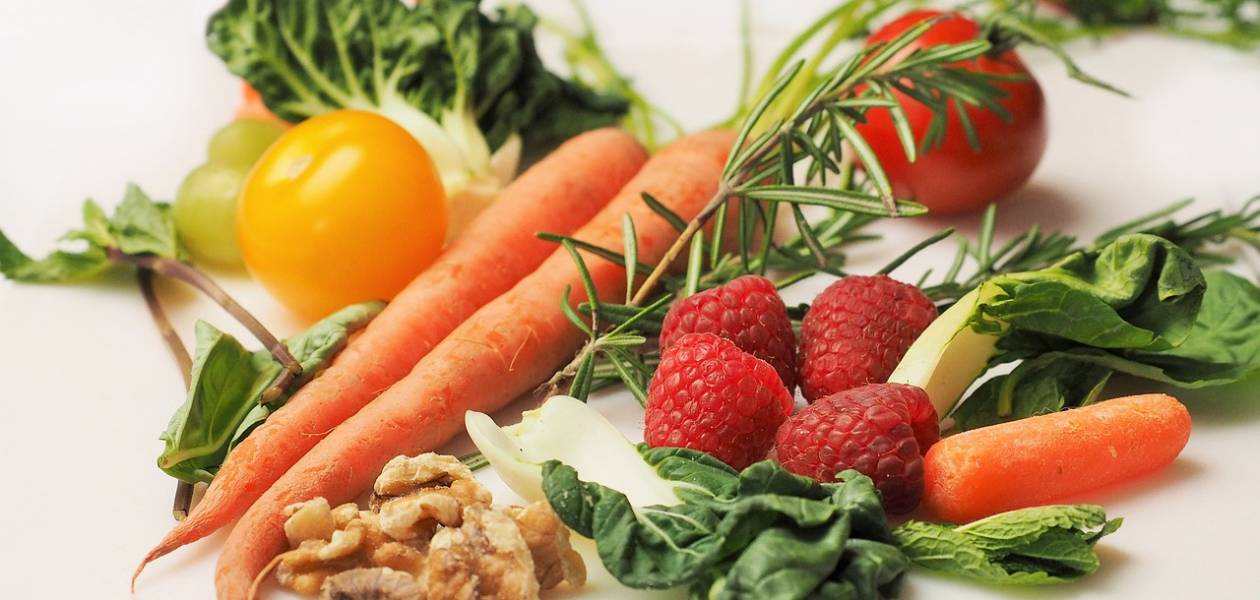
Growing our own fruits and vegetables is a rewarding way to source fresh, healthy food. However, it is also important to consider the environmental impact of our planting choices. Some varieties of fruits and vegetables have a lower ecological footprint than others, which makes them more favorable to biodiversity, resource conservation and sustainability. In this article, we'll explore the best choices of fruits and vegetables to plant for the environment.
-
Root vegetables: Root vegetables like carrots, turnips, and radishes are some of the best choices for the environment. They have a relatively low carbon footprint, require less water and pesticides than other crops, and can even improve soil structure with their deep roots.
-
Legumes: Legumes, such as beans, peas, and lentils, are not only rich in protein and nutrients, but are also good for the environment. These plants fix nitrogen from the air into the soil, reducing the need for synthetic nitrogen fertilizers. In addition, they help improve soil fertility and reduce erosion.
-
Leafy greens: Leafy greens, such as spinach, lettuce, and kale, are among the easiest crops to grow. They grow quickly and can be harvested several times during a season. Plus, these vegetables are rich in vitamins and antioxidants, making them a great nutritional choice. Opt for local and disease-resistant varieties to minimize the use of pesticides.
-
Local fruit trees: Planting local fruit trees, such as apple, pear and cherry trees, is a fantastic way to support biodiversity and reduce carbon footprint. These trees provide habitats for insects, birds and small animals, while producing delicious fruit. Choose varieties suited to your climate and avoid excessive use of chemicals.
-
Berries: Berries, such as strawberries, raspberries, and blueberries, are great options for eco-friendly planting. They can be grown in small spaces, requiring less water and fertilizer than other crops. Berry shrubs are also beneficial to pollinators, contributing to the health of local ecosystems.
-
Drought-tolerant crops: In areas where water is a limited resource, opt for drought-tolerant crops, such as fig trees, edible cacti, and squash. These plants require less irrigation, which helps save water. Additionally, they are often adapted to warmer conditions, reducing the need for growth regulators or pesticides.
In the end, by choosing the right fruits and vegetables to plant, we can reduce our impact on the environment while enjoying fresh and tasty produce. Root vegetables, legumes, leafy greens, local fruit trees, and drought-tolerant crops are some of the best options to consider. Remember to favor local varieties as well as seasonal fruits and vegetables and to minimize the use of pesticides and chemical fertilizers. Together we can create sustainable and environmentally friendly gardens.
Posted on 2023-06-07 17:25








Comments